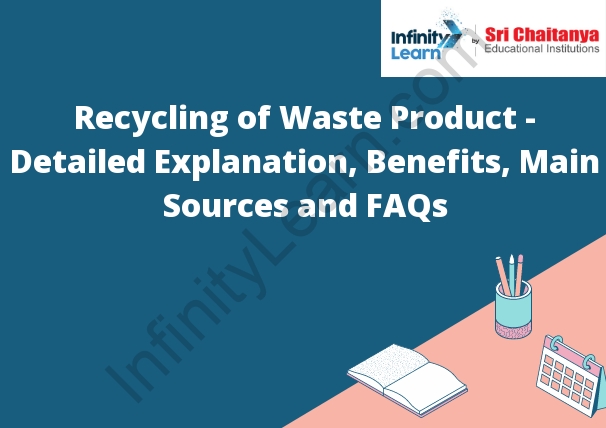Table of Contents
Waste Product ; Waste Plastic Recycle ;
Waste plastic is a product that is no longer wanted or needed. It can be recycled into new products.

Waste Paper Recycling
Waste paper recycling is the process of converting waste paper into new paper products. It is a process that requires the separation of different types of paper waste, the cleaning and shredding of the waste, and the re-manufacturing of new paper products.
Benefits of Waste Recycling
There are many benefits to waste recycling. Some of the benefits are that it helps the environment, it helps conserve resources, it helps reduce pollution, and it helps create jobs.
When waste is recycled, it helps the environment by reducing the amount of waste that is sent to landfills. Landfills are one of the biggest sources of pollution, so reducing the amount of waste that goes to landfills helps reduce the amount of pollution that is created.
Recycling also helps conserve resources. When materials are recycled, it takes less energy to create new products than it does to create products from scratch. This is because the recycled materials have already been processed and therefore don’t need as much energy to be turned into new products.
Recycling also helps reduce pollution. This is because when products are created from recycled materials, there is less pollution than when products are created from new materials. This is because recycled materials don’t need to be processed as much, and they don’t produce as much waste.
Finally, recycling helps create jobs. When waste is recycled, it needs to be processed into new products. This processing takes manpower, and therefore creates jobs.
Main Sources of Waste:
There are many sources of waste in the world. Some of the most common sources of waste are:
1. Manufacturing: Manufacturing businesses produce a lot of waste, including industrial waste, chemical waste, and electronic waste.
2. Agriculture: Agricultural businesses produce waste from livestock farming, chemical fertilizers and pesticides, and food production.
3. Municipal Waste: Municipal waste is waste that is generated by households and businesses in cities and towns. It includes garbage, recyclable materials, and hazardous waste.
4. Hazardous Waste: Hazardous waste is waste that is dangerous to humans and the environment. It includes chemical waste, electronic waste, and medical waste.
5. Nuclear Waste: Nuclear waste is waste that is produced by nuclear power plants. It includes radioactive materials and nuclear fuel.



